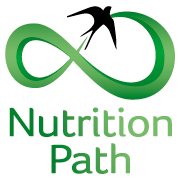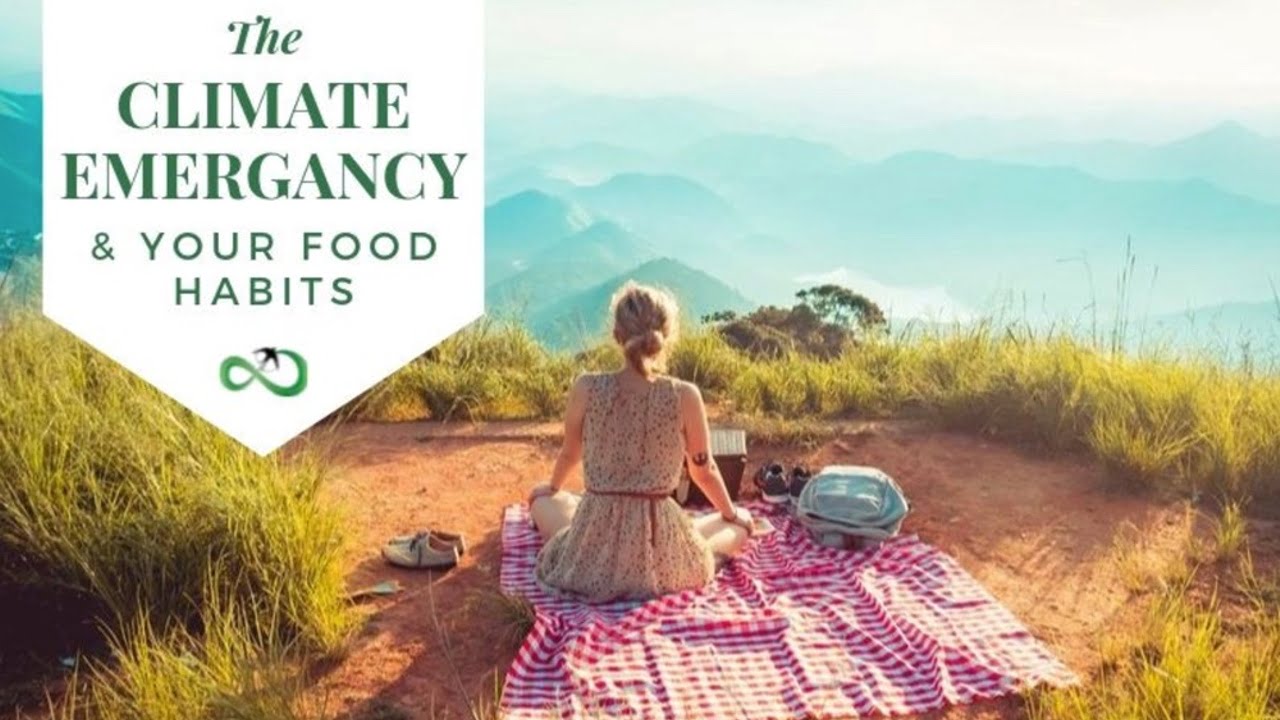This May the UK government was the first one in the world to announce ‘Climate emergency’, with several other countries following and coming up with plans to cut emissions in attempts to boost the health of our planet. The wildfires in the Amazon and Africa has not only put tension on the climate situation, but has also been a wake-up call to many. It’s a scary affair, but we're all in it together and only together we can find a way out of this.
No denying that the current health of our World is causing despair to many with support groups for solastalgia (1), AKA climate anxiety, opening up all over the world.
Yet, with every emergency there comes an opportunity to revisit and reflect on what’s not working in our lives and what we can do better. July marked the end of ‘Plastic Free July’, a huge campaign to raise awareness to reduce plastic waste for good, one small change at the time.
There are plenty of environmental movements and campaigns that you too can get involved and start making a difference to the climate crisis. However, there is plenty you can do now to be part of the solution from your own home.
Find out what you can change in your food habits now to keep our Earth healthy and well.
Cook more plant- based meals
If you can’t imagine your meal without meat, it’s time to make some changes. Not only having less meat is beneficial for you health and helps lower inflammation, it also helps reduce carbon emissions that are so tightly linked to agriculture and livestock in particular.
Get creative with alternatives and experiment with plant-based sources instead. Perhaps you could start with one vegetarian meal swap per week and move onto more later. You might be surprised with the delicious recipes you can make without using any animal produce whatsoever. If you’re too attached to your spaghetti Bolognese or chilli, take up a challenge to replace meat with lentils and beans.
Choose buying organic and grass-fed meat if you prefer it without pesticides and antibiotics, but always choose local produce. Even better, if you meet the person who grew it. Yes, the price tag of it may be higher than a supermarket one, but focus on quality instead of quantity. We don’t need as much animal produce as many think.
Buy organic
You may have heard that getting organic produce is better for your health, but it's also beneficial for the health of the Earth. Lack of chemicals and artificial pesticides in the soil and in the air help support the natural ecosystems and habitats of many species.
Did you know that non-organic farming practices are allowed to use 320 pesticides (2) and now up to 70% of the produce contain these toxic chemicals? This number has increased 17 fold since 1960s (3), which would explain why your grandma thinks potatoes taste different now (because they do).
Can’t afford to buy everything organic? Perhaps you could at least swap to getting the fruit and veg, that contain the biggest amount of pesticides to organically- farmed alternatives?
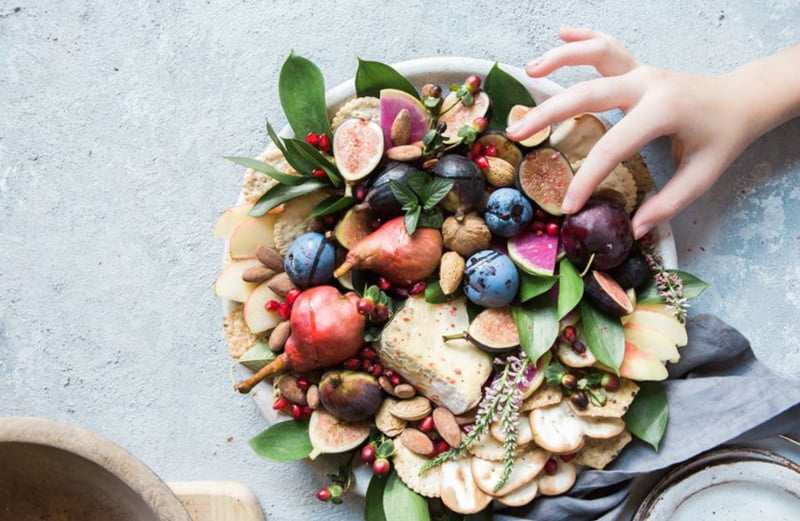
Here is the list of the veg that contains the biggest amount of pesticides (Dirty Dozen):
- Strawberries
- Spinach
- Kale
- Nectarines
- Apples
- Grapes
- Peaches
- Cherries
- Pears
- Tomatoes
- Celery
- Potatoes
And here is the list of fruit and veg, that contain the least amount of pesticides (Clean Fifteen):
- Avocados
- Sweet corn
- Pineapples
- Frozen sweet peas
- Onions
- Papayas
- Eggplants
- Asparagus
- Kiwis
- Cabbages
- Cauliflower
- Cantaloupes
- Broccoli
- Mushrooms
- Honeydew melons
Farmers markets and local produce
Consider buying your food in farmers markets and local specialty shops to also save on carbon emissions, reduce plastic waste and support your local economy. Visit your butcher, fishmonger and a local farmers market. Notice how easy and possible it is to get quality ingredients that aren’t all wrapped in plastic.
Plus, the quality and taste of the foods you get in a supermarket doesn’t even come close to the foods from local producers. And who knows, you might even feel more connected to the food you eat and the people in your community that help supply it.
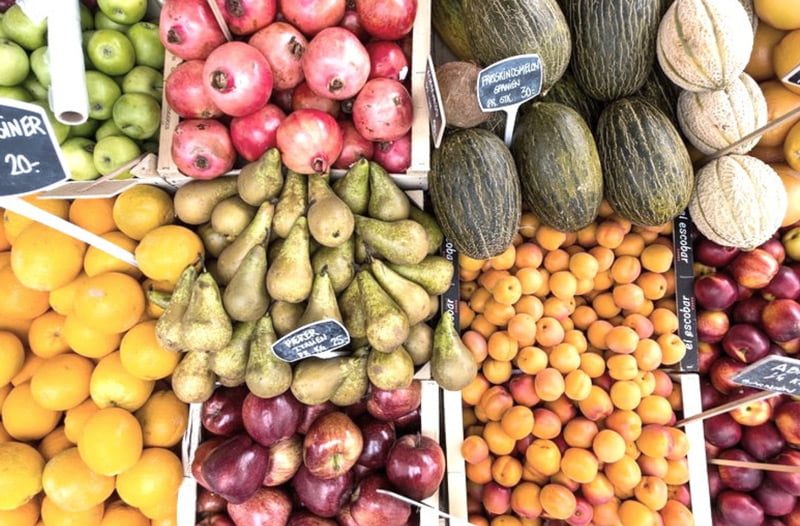
Seasonal produce
When I was little, I remember looking forward to the berry season with incredible excitement, because you couldn't get strawberries or raspberries all year round. And the world really didn’t stop because of it, it just meant I would savour seasonal foods even more.
Now, you can get whichever fruit and veg you want, regardless of the time of the year. But it does come at a cost: costs on carbon emissions for shipping mangoes and pineapples halfway round the world in the middle of winter for our cake recipes.
And that’s not all- some vitamins and phytonutrients do not take the test of time very well, so whereas papaya is one of the highest sources of vitamin C on the planet, I question how much of it is left when it reaches your breakfast bowl.
Buy in bulk
Swap the tinned beans and lentils and switch to the good old- fashioned way of buying beans, nuts and seeds: dried, in bulk. Not only saves the extra packaging (whether it’s plastic or cans) but also saves you weekly trips to the shops, keeps your food free of unnecessary leaching of chemicals and saves you a few pennies.
Reusable travel kit
If you already have reusable coffee cup, try moving up another level and get yourself a travel kit: reusable cutlery, water bottle, straw and a reusable shopping bag. If you have a twice weekly take away lunch, you could save up to 100 items of plastic cutlery in 6 months, all because you remembered to take a reusable spoon and fork. I never remove mine from my bag, so I know it’s always available even if I forget to pack.
Upcycle in your kitchen
If you already do your bit by recycling, that’s fantastic! Ever thought to also ‘upcycling’ items that could have a second life in your kitchen? Turn used tins of food into pencil stands or flower pots and use your nut butter jars for your take away breakfasts or to store your bulk seeds and nuts.
This is how I reuse my old nut butter jars for my overnight oat recipe conveyor belt:
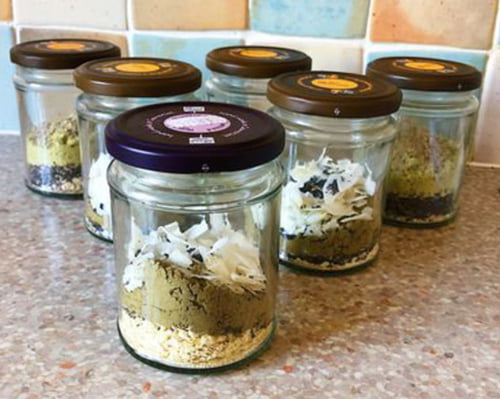
Start saying NO
Become ferocious at saying no to plastic bags in shops, straws in coffee shops and unnecessary receipts. If you forgot your bags, perhaps you can see a paper bag hanging around by the veg isle or can use an old storage box at the check out instead? Think twice before you make a decision: is there a more sustainable alternative?
Extend your awareness beyond your food habits and look into lifestyle as well: buses and trains now offer e-tickets instead of paper ones. Could you switch to these?
What else could you do differently?
'Healthy' doesn’t mean sustainable
Blinded by the marketing of particular foods and produce, it’s easy to choose foods only because of their health benefits, without seeing the full picture. Ancient South American ‘health foods’ quinoa and chia seeds have seen such a demand in the Western world, it has put a strain on it’s local production sites and economies and has hugely increased carbon emissions.
When I was little, I used to eat buckwheat for breakfast because there was barely anything else around and it was local and cheap. Now I look at the pack of my breakfast buckwheat and it comes all the way to China. Doesn't make any sense, does it?
Keep an eye on where your food comes from- do you really need all these fancy superfoods? Goji berries, that are supposed to be super high in vitamin C do not contain much of it when they go through the processing and long shipping timelines. Turn to your local superfoods that are packed with nutrients and phytonutrients, like the UK’s local superhero blackcurrant.
Watch-outs if you're vegetarian or vegan
Even if you follow a vegetarian or entirely vegan diet, it's really important to get familiar with where your food comes from. If you have committed to eating this way because of environmental reasons, it is still necessary to familiarise yourself with food origin and production methods. Alongside beef, soya is one of the main reasons why deforestation is taking place in the Amazon Rainforest so vote with your money and choose a sustainable source.
